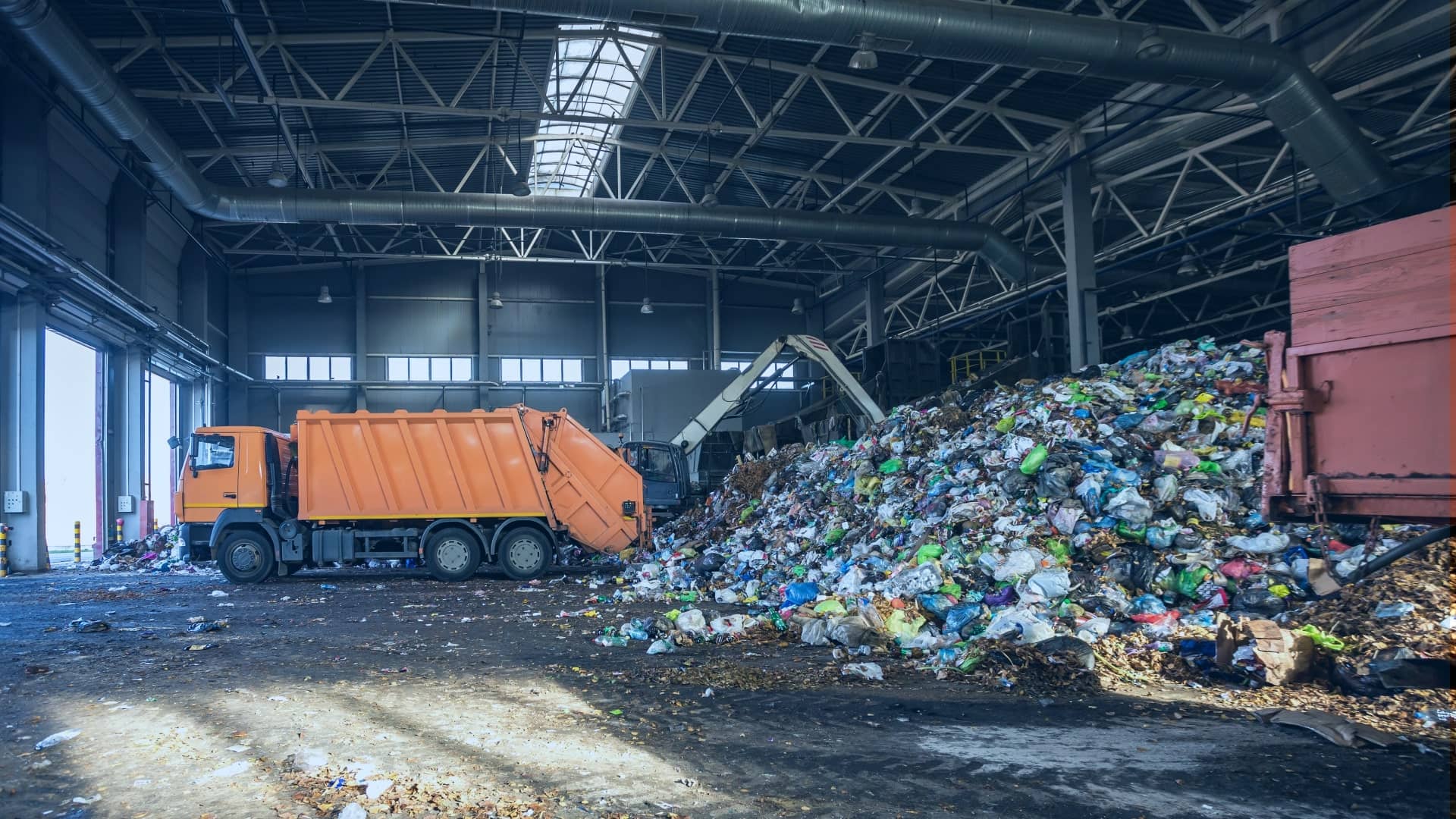What Does Reclaim Waste Mean?
What Does Reclaim Waste Mean?
Blog Article
How Reclaim Waste can Save You Time, Stress, and Money.
Table of ContentsThe Best Strategy To Use For Reclaim WasteA Biased View of Reclaim WasteLittle Known Questions About Reclaim Waste.How Reclaim Waste can Save You Time, Stress, and Money.Reclaim Waste Fundamentals Explained
Domestic sewer waste refers to the waste and products from a residential septic container. The proper monitoring and disposal of domestic sewer waste require fluid waste to be moved to a sewage therapy plant where the appropriate approaches and devices are used to detoxify and dispose of waste.
Industrial waste usually consists of potential risks, such as flammable products or a mixture of fluid and solid waste items, and calls for a more advanced and in-depth disposal procedure. The disposal of business waste commonly entails the filtering of waste before transportation to make sure risk-free and appropriate disposal. Industrial waste is created from by-products and overflow of commercial processes and production.
This type of waste can not make use of the same sewer monitoring transport or procedures as septic or business liquids. The commercial waste administration process requires the examination and screening of fluid waste prior to it undergoes the disposal process (liquid waste disposal melbourne). Drainage waste is the liquid waste that comes from runoff and excess stormwater in very booming locations or cities
Overflow waste can trigger contamination and flooding if not managed appropriately. Making sure appropriate waste administration can protect against calamities and lower ecological damage.
The 30-Second Trick For Reclaim Waste
Call PROS Solutions today to find out about our waste management and disposal solutions and the proper methods to care for the liquid waste you generate.
(https://reclaimwaste1.carrd.co/)Do you understand what occurs to your water when you disengage, purge the toilet or drain pipes the washing machine? No? Well, it deserves understanding. This supposed 'wastewater' is not only an important source but, after therapy, will be launched to our land, waterways or the sea. Used water from commodes, showers, bathrooms, cooking area sinks, laundries and commercial procedures is called wastewater.

water used to cool down machinery or tidy plant and devices). Stormwater, a form of wastewater, is drainage that flows from farming and urban locations such as roofings, parks, yards, roads, courses and gutters right into stormwater drains pipes, after rain. Stormwater moves without treatment directly to local creeks or rivers, eventually reaching the sea.
Reclaim Waste for Dummies
In Queensland, the majority of wastewater is additional hints treated at sewage treatment plants. Wastewater is transported from domestic or industrial sites through a system of drains and pump stations, called sewerage reticulation, to a sewer therapy plant. Local federal governments build, keep and run most sewer treatment plants. Operators are licensed under the Environmental Management Act 1994 to discharge treated wastewater at an acceptable environmental standard into waterways.
The Division of Natural Resources encourages regional governments regarding managing, operating and keeping sewage systems and therapy plants. In unsewered locations, city governments may require owners to mount private or family sewage treatment systems to deal with domestic wastewater from toilets, kitchens, washrooms and washings. The Department of Natural Resources authorises making use of house systems when they are confirmed to be efficient.
Many stormwater receives no treatment. In some brand-new neighborhoods, treatment of some stormwater to remove clutter, sand and gravel has actually begun making use of gross toxin catches. Wastewater treatment takes place in four stages: Eliminates solid matter. Bigger solids, such as plastics and various other things mistakenly released to sewers, are removed when wastewater is passed via screens.
Wastewater then streams into huge containers where solids clear up and are removed as sludge. Grease and residue are skimmed from the surface. Makes use of tiny living microorganisms knows as micro-organisms to damage down and get rid of staying liquified wastes and fine bits. Micro-organisms and wastes are integrated in the sludge. Gets rid of nitrogen and phosphorus nutrients that could trigger algal blossoms in our waterways and intimidate aquatic life.
Reclaim Waste Things To Know Before You Get This
Nutrient elimination is not readily available whatsoever sewage treatment plants due to the fact that it requires pricey specialized devices. It is coming to be extra usual in Queensland. Clear liquid effluent produced after treatment may still contain disease-causing micro-organisms. If this effluent is released into waterways such as rivers or the sea, the micro-organisms will at some point die out.

The majority of wastewater streams into the sewage system. Under the Act, regional federal governments provide approvals and licences for eco appropriate tasks (Periods) entailing wastewater releases that may have a regional impact.
About Reclaim Waste
Otherwise, examples are considered lab evaluation. Commonly many tests are needed to develop the degrees of each of the various pollutants such as oils, heavy steels and chemicals in water. Monitoring gives factual info regarding water top quality and can verify that licence problems are being met. The information obtained through tracking gives the basis for making water quality choices.
Report this page